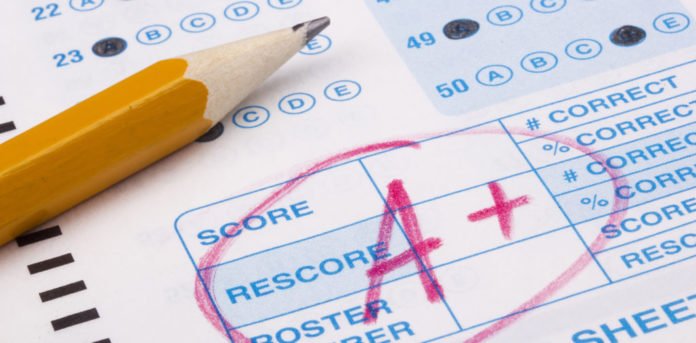Child Exam scores are more likely to be influenced by their parents as compared to their schools. They are really mean to say about their children results. Even a survey suggested that the parents are more concerned about teen’s exam scores than teen’s happiness. So, they pressurize their children to get the good score. But according to a new study, if parents encourage their children about science, it will boost their child exam scores.
The research by the University of Wisconsin–Madison suggests that talking to children about science boosts child exam scores by 12%. In addition, it will also help them to choose STEM (Science, Technology, Engineering, and Maths)-based careers.
The study found that the teenagers with parents who conveyed the importance of STEM had higher scores in mathematics and science college preparatory examinations.
Psychologist Judith Harackiewicz said, “Parents are an untapped resource for promoting STEM motivation – they know their teens. They can help them connect course material to their lives. Parents can have a major impact on their teens’ academic trajectories by helping them understand the importance of taking math and science courses in high school”.
Scientists involved 181 families from that cohort with students attending 108 different high schools in this long-term study. They then assigned the families into two different groups- intervention group and a control group.
Families in the intervention group told the importance and utility of science and maths for students. Scientists then gave them a brochure in 10th grade when students were 15-16 years old. At the other hand, families in the control group did not receive anything.
During the first iteration of study, families in the intervention group took nearly an extra semester. As compared to the control group, they took an extra half year of maths and science classes of high school.maths and science classes of high school.
In the latest study, scientists found that the students in the intervention group had increased mathematics and science scores by 12%. In addition, the students were more likely to take STEM classes in college at the age of 2o. As compared to the control group, they found to be highest in STEM subjects, desire STEM careers, and value STEM.
